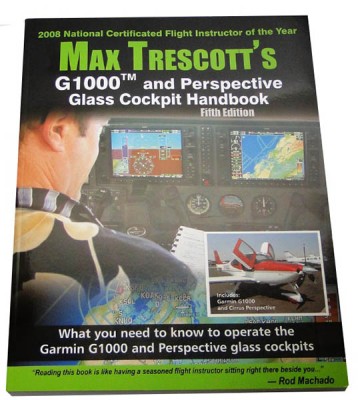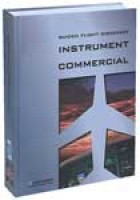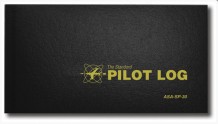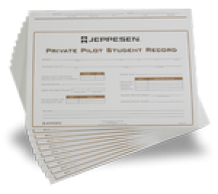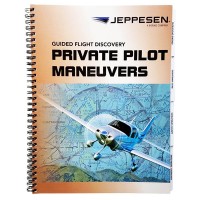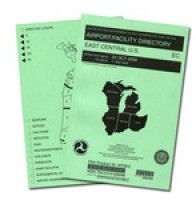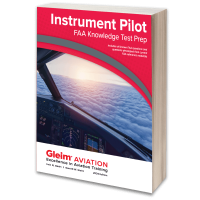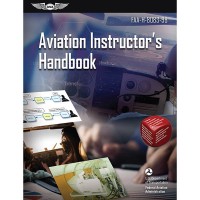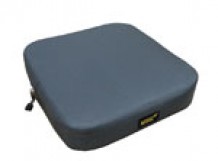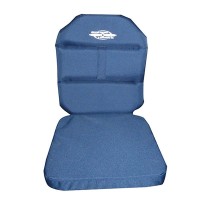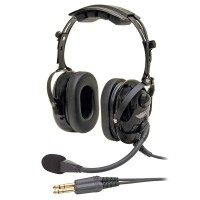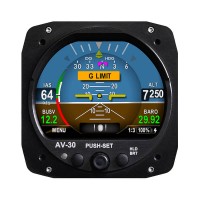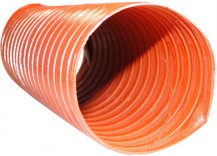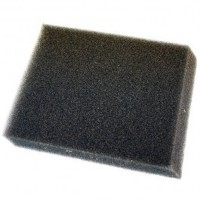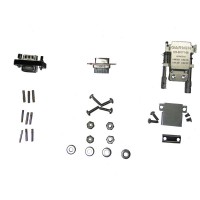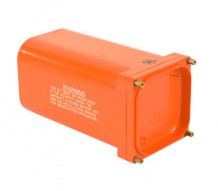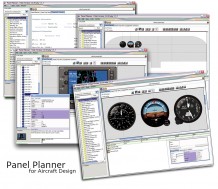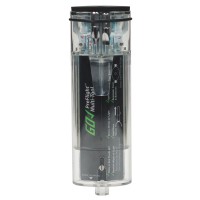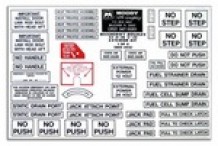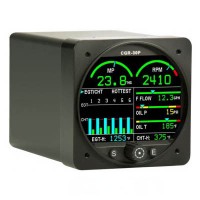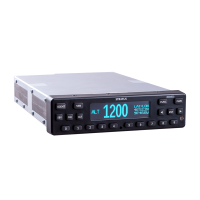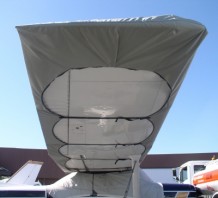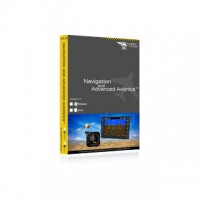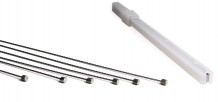THE AVIATION SUPERSTORE FOR ALL YOUR AIRCRAFT & PILOT NEEDS | +61 (1800) 953522
Max Trescotts G1000™ Glass Cockpit Handbook
$66.83/Each
Price Includes GST
Part# 13-05533
MFR Model# 9780977703081
MFR Model# 9780977703081
- JUMP TO
- Overview
- Reviews
- Q&A
- View in Catalog
Overview
|
This edition includes dozens of tips and features for G1000 and Perspective glass cockpits, including Cirrus SR20 and SR22 Aircraft. Chapter 11 on Instrument Flying was completely rewritten to make it easier for pilots to understand the many nuances of using the G1000 and Perspective for instrument flight.
There is a revolution sweeping through general aviation. In less than two years, the industry has converted to ship all new aircraft with glass cockpits, rather than traditional instrument panels. The most popular and comprehensive guide to operating these airplanes continues to be Max Trescott's G1000 and Perspective Glass Cockpit Handbook. This book makes it easy for you to quickly become an expert on operating and programming the G1000 and Perspective systems in any aircraft. Instructors agree that the cockpit is not an ideal learning environment. Reading this book, written by a Master Flight Instructor, is one of the most efficient and cost effective ways to learn the G1000 or Perspective before stepping into the cockpit for your first transition lesson. Max Trescott, the 2008 National Flight Instructor of the Year, takes a narrative approach to explaining the G1000 and Perspective in ways that both beginners and experts can understand. Not only is every system feature explained, but information on when and why you'd use a particular function are also included. The book is loaded with illustrations and “tips” gleaned from leading glass cockpit instructors around the country. Learn about all G1000 and Perspective features & differencesGet the single source of information that educates pilots about all of the features and benefits of flying the G1000, and how features vary among aircraft manufacturers. Whether you fly a Beechcraft, Cessna, Cirrus, Columbia, Diamond, King Air, Kodiak, Mooney, Piper, Phenom, or Socata TBM 850, you'll learn which G1000 or Perspective features apply to your particular aircraft. Or, if you're flying a Very Light Jet (VLJ) like the Cessna Mustang or Diamond D-Jet, this book will help you prepare for your type rating and recurrent training. You'll learn about the PFD and MFD displays, audio panel, programming the GPS, electrical systems, using the autopilot and dealing with emergencies. A detailed discussion of instrument approaches, integrated with use of the autopilot, will help you become a pro. Advanced features, optional in some aircraft, such as TIS and TAS traffic monitoring systems, Stormscopes, and Terrain Awareness Warning Systems (TAWS) are discussed in detail. You'll also learn to use all of the data link weather features, like NEXRAD radar, satellite images, freezing level, winds aloft, AIRMETs, SIGMETS, TFRs,and METARs available through XM Satellite weather. Someday, all planes will be flown this way and with Max Trescott's G1000 and Perspective Glass Cockpit Handbook, you can learn how to fly them today. Soft cover, 312 pages, 56 in color, illustrated with more than 300 computer screen shots and photographs, glossary and index. |
Q&A
Please note, Aircraft Spruce Australia's personnel are not certified aircraft mechanics and can only provide general support and ideas, which should not be relied upon or implemented in lieu of consulting an A&P or other qualified technician. Aircraft Spruce Australia assumes no responsibility or liability for any issue or problem which may arise from any repair, modification or other work done from this knowledge base. Any product eligibility information provided here is based on general application guides and we recommend always referring to your specific aircraft parts manual, the parts manufacturer or consulting with a qualified mechanic.

 Aircraft Spruce Australia
Aircraft Spruce Australia
